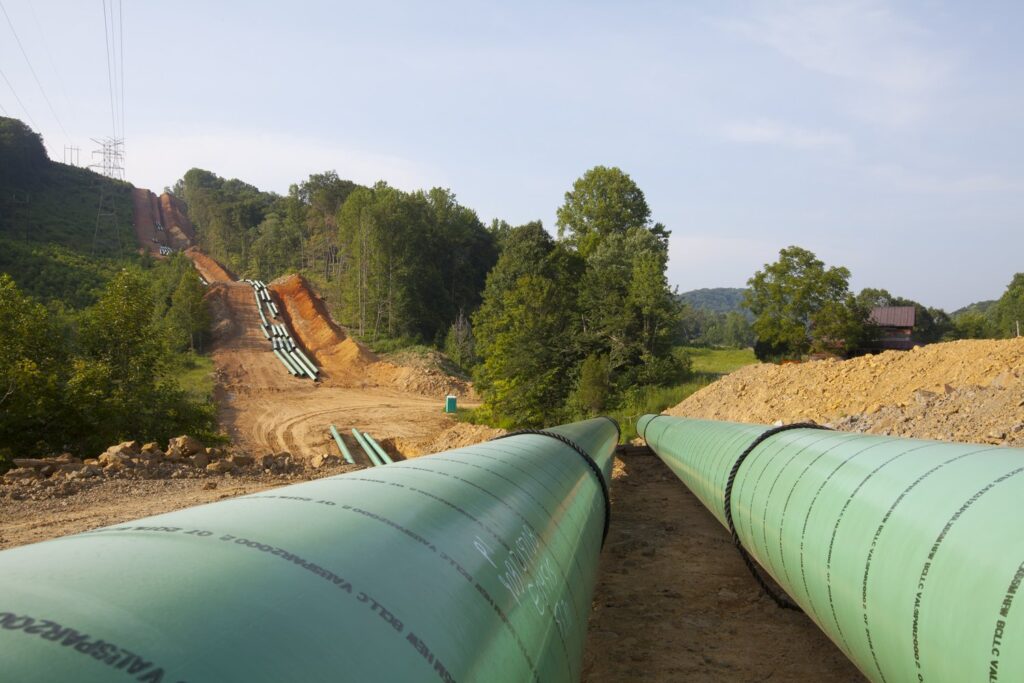Oil exports are unlikely to be significantly affected by the upcoming labour dispute at Canadian railroads, which could start on Thursday
This is due to the excess capacity of Trans Mountain and other pipelines. In recent years, the number of barrels imported by U.S. rail of Canadian crude has decreased significantly. In May, the average was approximately 55,000 barrels daily, the lowest level since the pandemic price collapse in 2020. The U.S. imports approximately 4.2 million barrels daily from Canada through pipelines.
Western Canadian Select (WCS) crude prices typically decrease during export disruptions. Nevertheless, the recent expansion of Trans Mountain and the available capacity on other pipelines should restrict significant discounting. “Jeremy Irwin, a senior oil markets analyst at Energy Aspects, stated that crude-by-rail is no longer as critical to the Canadian market as it was before the Trans Mountain expansion.”

The expansion nearly tripled the flow of petroleum from Alberta to the Pacific coast, reaching 890,000 barrels per day.
“We are closely monitoring the situation and developing strategies to alleviate any potential consequences in the event of a strike or lockout,” stated a spokesperson for Cenovus Energy. ConocoPhillips Canada, which transports refined products via CPKC and other rail carriers, is confident in managing a protracted strike and does not anticipate any negative effects on its Surmont oil-sands production.
A stoppage could result in substantial delivery reductions for Canadian propane, which is significantly dependent on the rail for domestic and export markets. Ridley Island Propane Export Terminal in British Columbia, operated by AltaGas, has stockpiled propane to mitigate potential shortages.
Additionally, businesses that utilize generators to generate electricity on construction sites have been stockpiling diesel. Some diesel may be left stranded at Alberta refineries, such as Imperial Oil’s Strathcona and Suncor Energy’s Edmonton refineries, in case of a rail disruption lasting more than two weeks.
The petroleum markets in Canada are typically regionalized, with production remaining within the region. Pipelines directly connect refineries to major gasoline markets, although railways and vehicles also contribute to distribution. “Everyone is striving to establish inventories that will enable them to manage a two-week rail logistics disruption while simultaneously maintaining operations,” stated a senior industry executive who requested anonymity.
